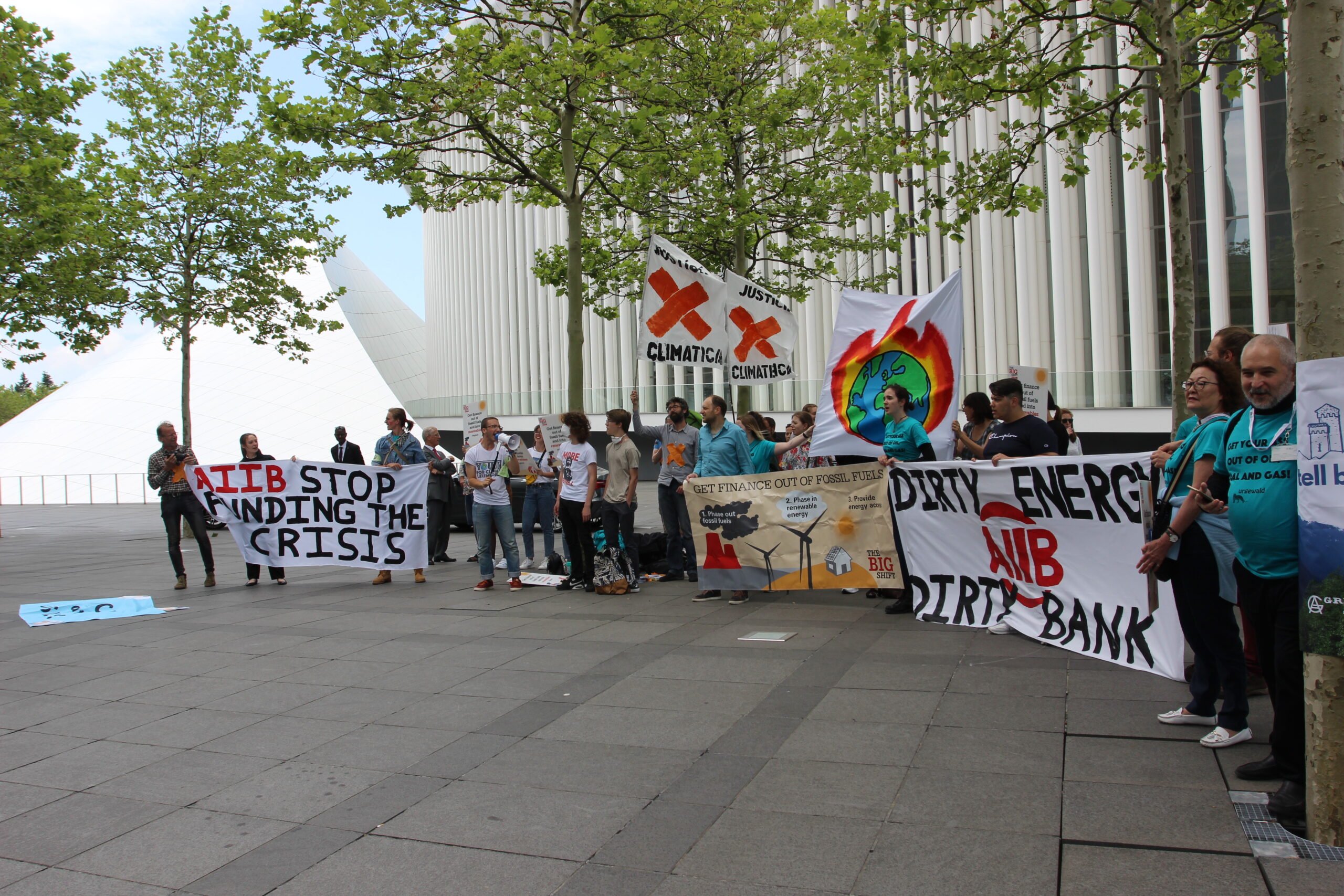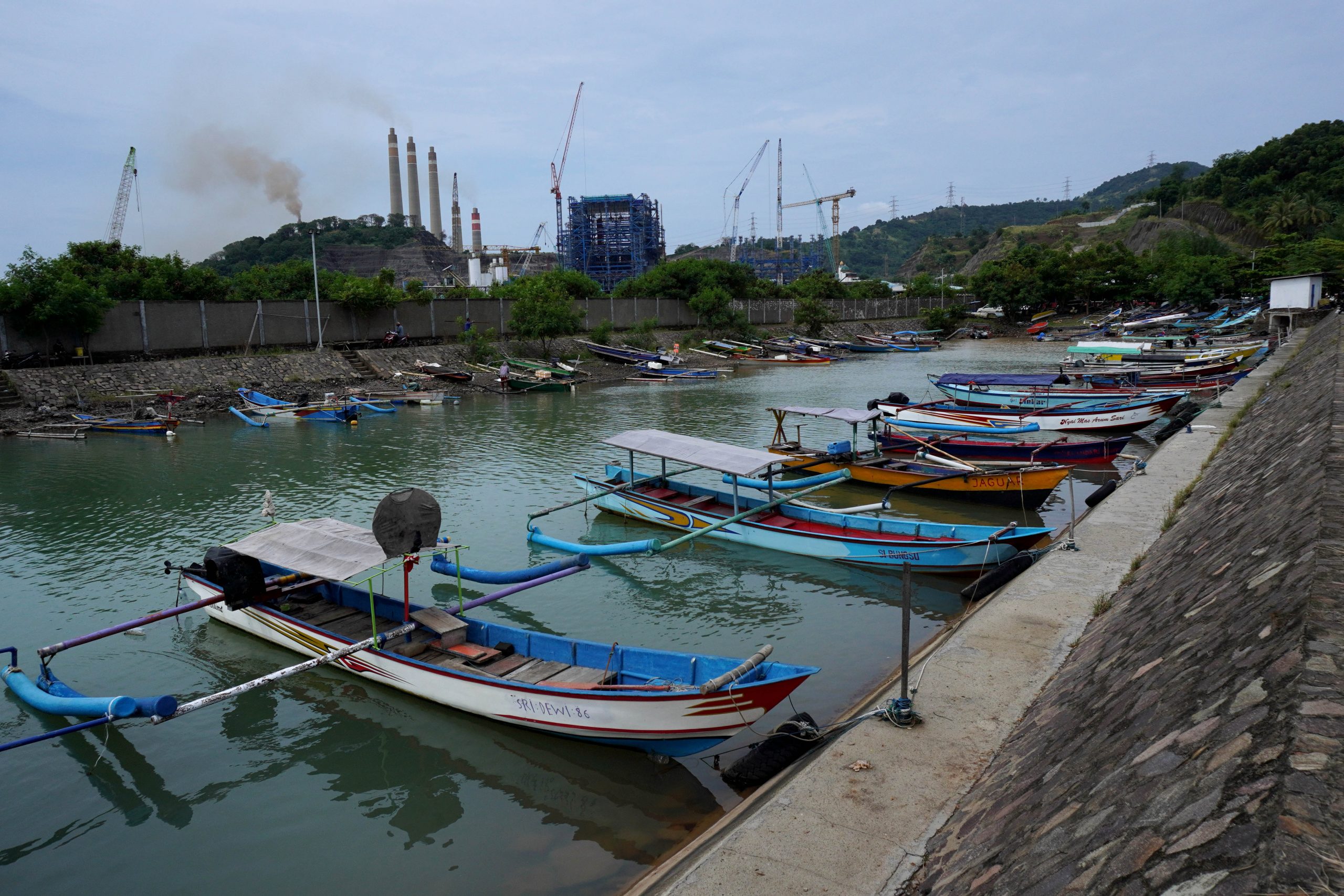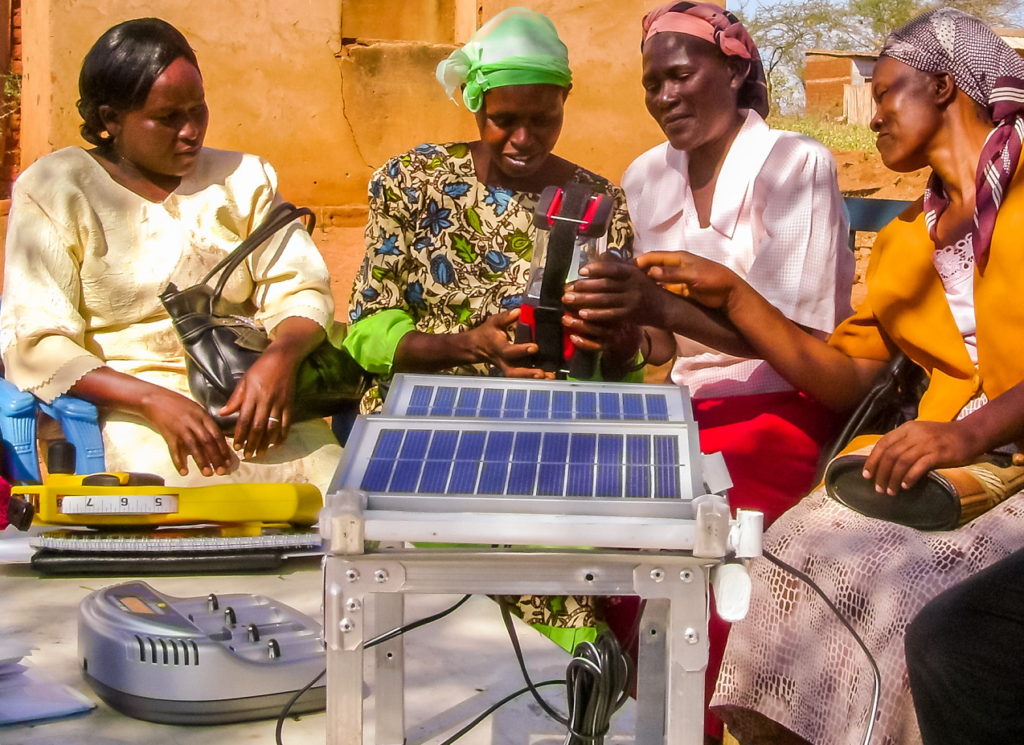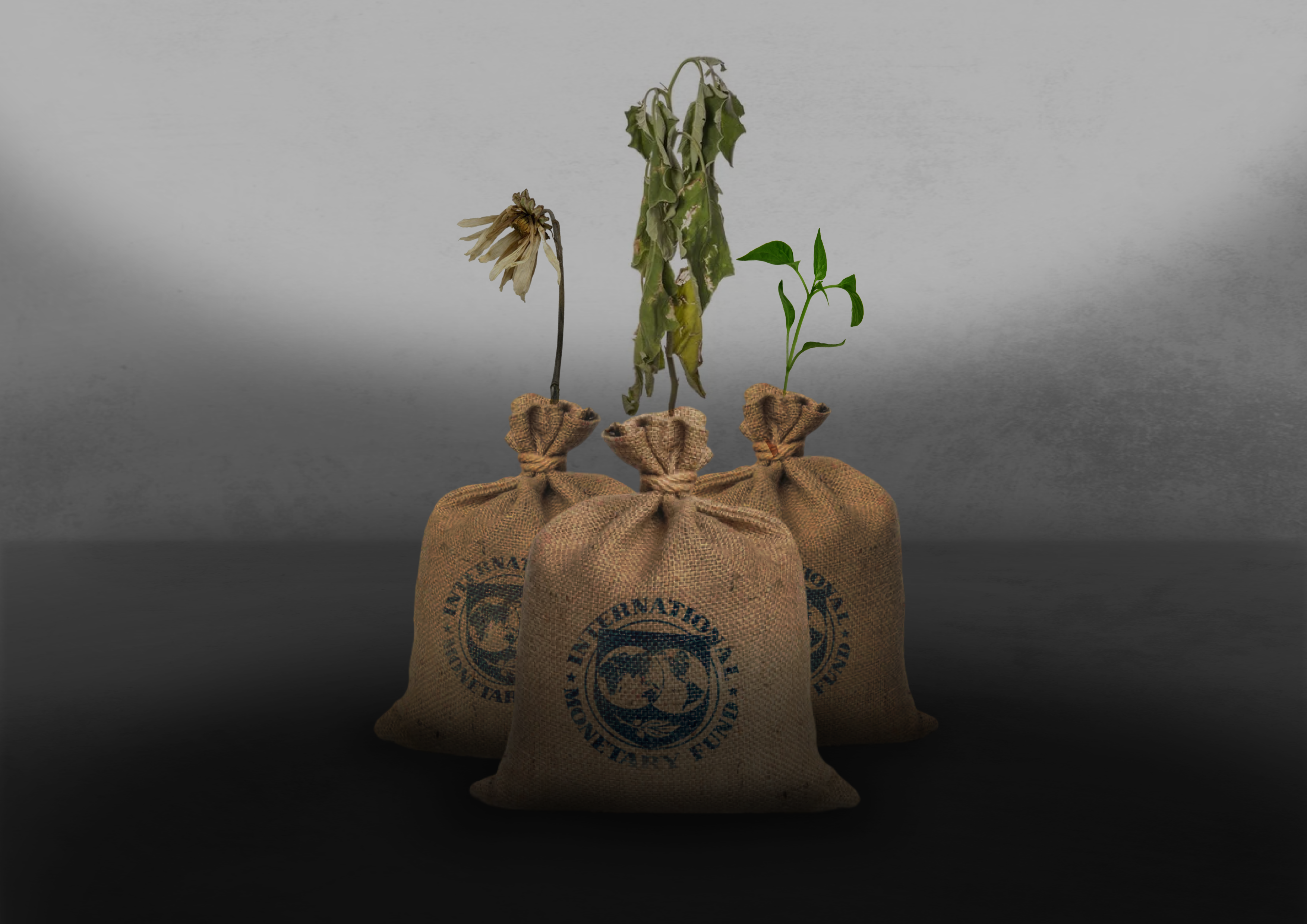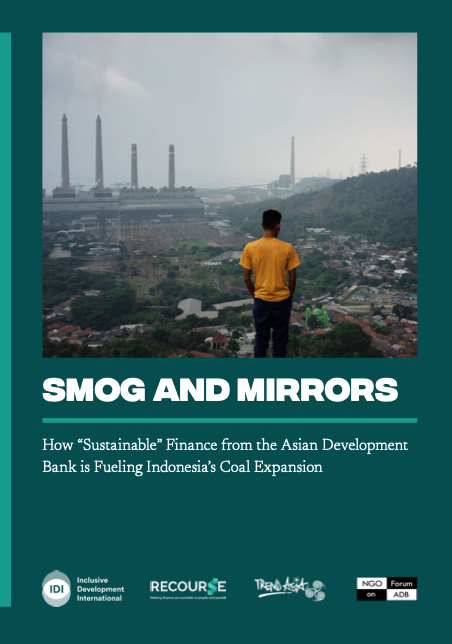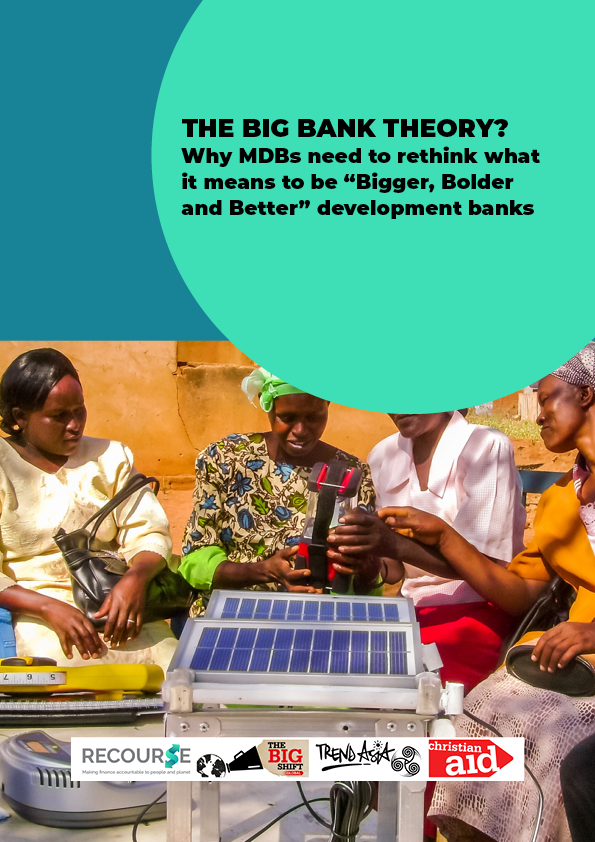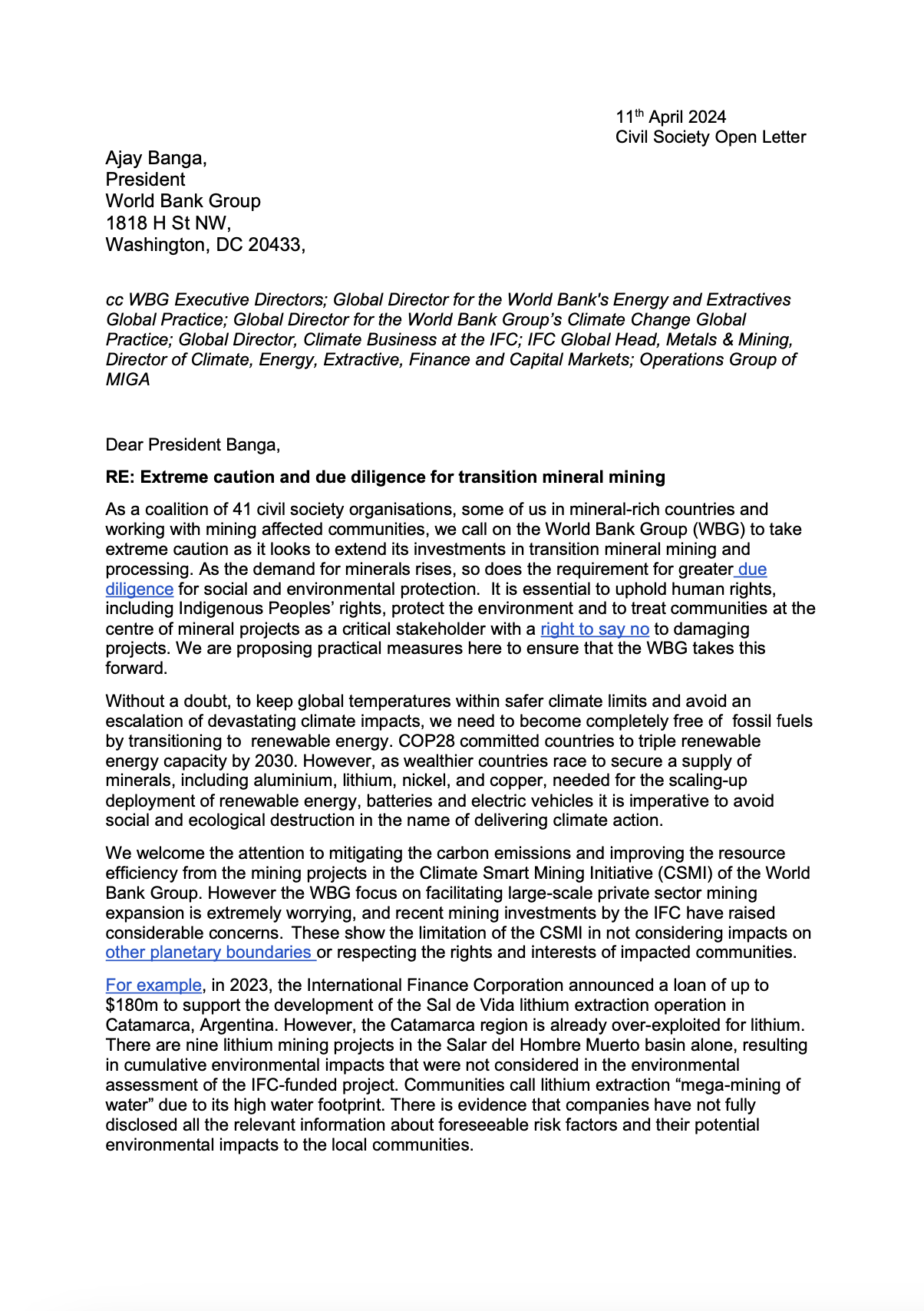The Asian Infrastructure Investment Bank (AIIB)
The Asian Infrastructure Investment Bank (AIIB) was initiated by China and officially launched in 2016, as a multilateral development bank focused on Asia. With a mantra to be ‘lean, clean and green’, it currently has four thematic priorities: green infrastructure, connectivity and regional cooperation, technology-enabled infrastructure and private capital mobilisation. Its membership is growing and by the end of 2021, the AIIB had 105 members worldwide. China holds over a quarter of the votes and is the only country representing itself on the Board. The rest of the members are represented in eleven constituencies, with Russia and India the second and third largest shareholders. European shareholders are particularly significant, with the two European constituencies together representing almost a quarter of the votes, second only to China. The AIIB has also recruited several European nationals at senior management level. The United States of America and Japan, who jointly dominate shareholder power at the Asian Development Bank (ADB), have not joined the AIIB.
The AIIB’s first projects were in the Asia region, including Central Asia, but already at the end of its first year, the bank started financing projects in the Middle East and Northern Africa region, in late 2020 in South America and in mid 2021 in Sub-Saharan Africa. For the first few years the AIIB mainly funded projects with other MDBs, but the balance is now shifting towards independent lending. Its accountability mechanism, the Project-affected Peoples Mechanism(PPM), is largely only applicable to projects AIIB finances independently, not to the majority of co-financed projects. In contrast to other MDBs, AIIB does not offer grants, apart from for project preparation.
Recourse work on the AIIB:
Recourse has monitored the AIIB since the very beginning, trying to ensure the world’s newest MDB meets and does not undermine global environmental and social standards. Our work focuses on issues such as accountability, gender and climate change, with particular attention to the AIIB’s lending through financial intermediaries (FIs). Working with our partners and allies, we engage actively in advocacy and campaigning activities, including influencing policies, such as the Energy Sector Strategy. In Europe, we lead on civil society coordination towards the AIIB’s Wider Europe shareholder constituency.
When the AIIB’s accountability mechanism, the Project Affected People’s Mechanism (PPM), was created in 2019 it fell short of best practice. For example, it is unique among MDBs in ruling the majority of co-financed projects ineligible. To date, the PPM has not received a single complaint, despite a portfolio of over $30 billion. Recourse is campaigning to ensure the AIIB enhances accountability both in its policy and practices – so that affected communities have recourse to remedy should they suffer harms, and so that the AIIB can learn lessons from its mistakes and not repeat them.
Recourse monitors and exposes the AIIB’s track record on financing fossil fuels. Despite being launched just after the Paris Agreement on climate change, the AIIB has to date prioritised a high carbon pathway – for every $1 spent on renewable energy, the AIIB spends almost double on fossil fuels. We put the spotlight on problematic projects and are pushing for the AIIB to phase out all investments in fossil fuels, develop a Climate Change Action Plan and for full alignment with the Paris Agreement.
Using its expertise on Financial Intermediaries (FIs) at other banks, Recourse has successfully pushed the AIIB to improve its standards governing this ‘hands-off’ form of lending. Investing in third parties such as private equity funds, or commercial banks, brings with it higher risks, which Recourse has exposed in a series of case studies, from India, to Myanmar.


